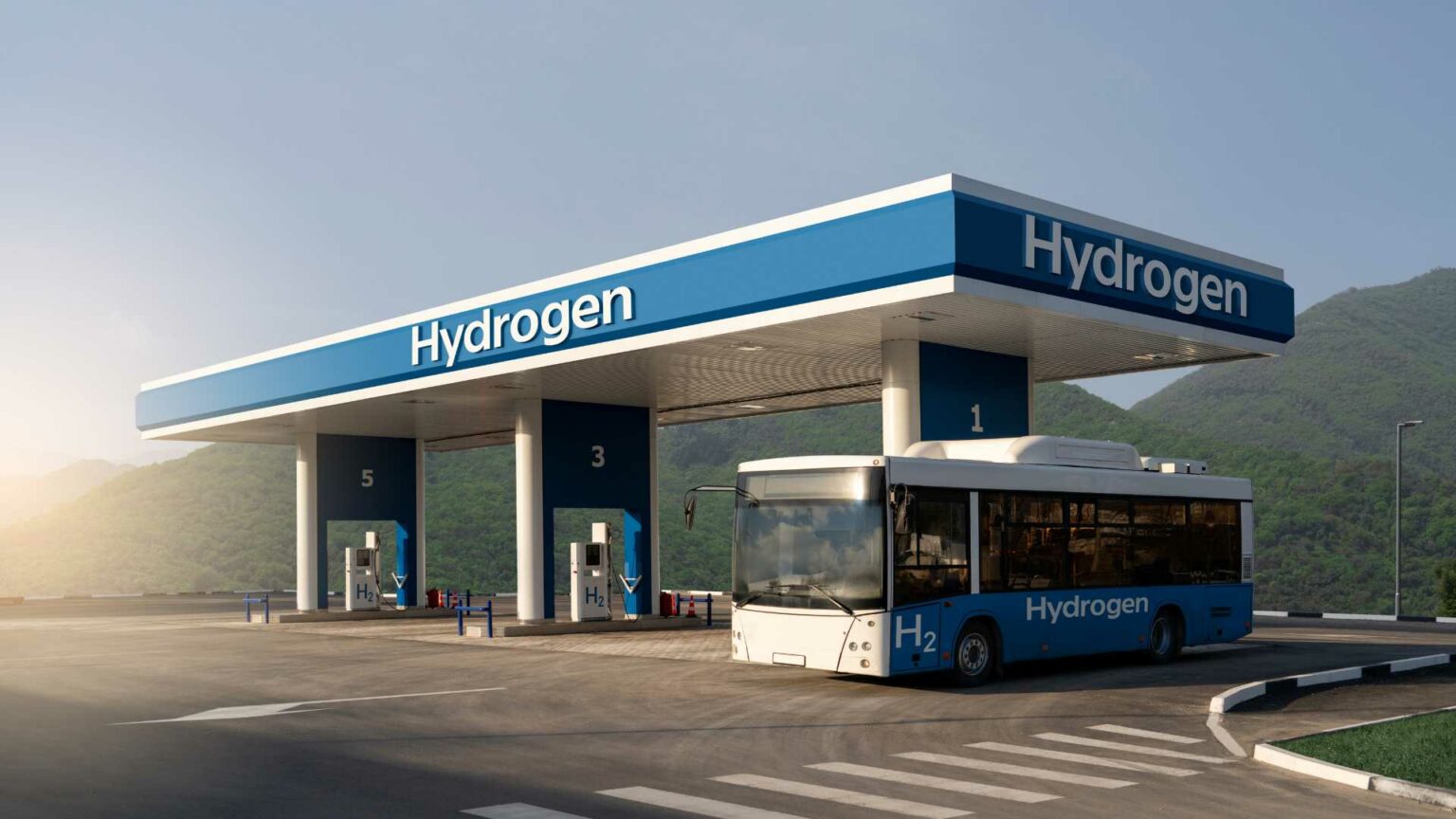The Italian Ministry of Transport has issued a tender titled “Fornitura di n. 10 autobus lunghezza 12 metri (+ max n. 60 opzionali), di tipo FCHV, inclusi ricambi a missione dichiarata per tutto il ciclo di vita” on 30 May 2024.
The tender invites submissions until 1 July 2024. This initiative is significant as it represents a critical step in advancing the adoption of hydrogen fuel cell technology within Italy’s public transportation network.
The primary objective of the tender is to procure 10 hydrogen fuel cell hybrid vehicles (FCHV) buses, each 12 meters in length, with the option to expand the order up to 60 additional units. These buses are designed to include spare parts necessary for their entire lifecycle. The initiative aligns with Italy’s broader strategy to reduce carbon emissions and foster sustainable urban mobility.
The core aim of this tender is to enhance Italy’s public transport fleet with more sustainable, low-emission vehicles. The Ministry of Transport emphasizes that the hydrogen fuel cell technology powering these buses offers a cleaner alternative to traditional diesel engines, significantly reducing the environmental impact of public transportation.
Key Specifications:
-Bus Length: 12 meters
– Technology: Fuel Cell Hybrid Vehicle (FCHV)
– Quantity: 10 units, with an option for up to 60 more
– Lifecycle: Includes spare parts for entire operational lifespan
The introduction of hydrogen-powered buses is a pivotal move to cut greenhouse gas emissions and dependence on fossil fuels. Hydrogen fuel cells generate electricity through a chemical reaction between hydrogen and oxygen, with water vapor as the only byproduct. This makes FCHVs an excellent option for reducing urban air pollution and enhancing energy efficiency in public transportation.
Potential suppliers must meet several technical criteria:
– Fuel Cell Systems: Should demonstrate high efficiency and reliability, with a robust supply chain for hydrogen fuel.
– Durability: The buses must be designed to withstand urban operating conditions over their full lifecycle.
– Spare Parts: Comprehensive spare parts provision, ensuring seamless maintenance and operation.





